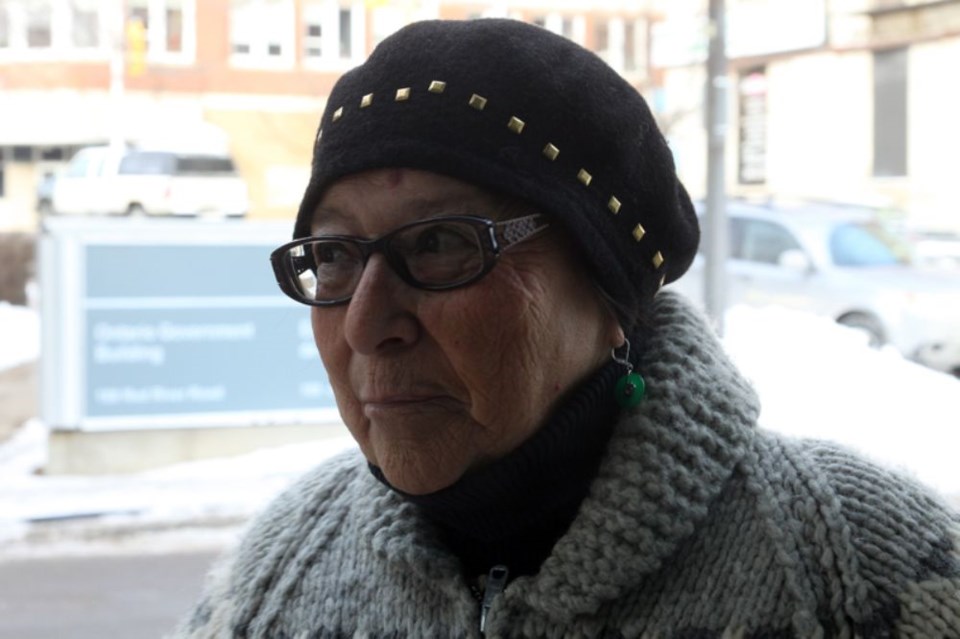J.C. Pierre died in jail before he could even face a trial and on Wednesday, his grandmother intends to tell the inquest into his death that Canada’s entire justice system doesn’t represent Indigenous values.
“We feel it’s in the best interest of our nations to look forward to a better future by way of developing and looking at our own communities and how we can function with a system of our own,” said Marlene Pierre.
Despite representing only three per cent of Canada’s population, a 2015 Statistics Canada report shows Indigenous people make up 24 per cent of the population in all provincial and territorial corrections facilities. In some jails, as many as 90 per cent of inmates identify as Indigenous.
While Pierre recognized efforts are underway to accommodate Indigenous principles of justice, she said the system failed her family and is failing her people.
“It starts with well before the Indian Residential Schools when our land started to be taken over and infiltrated with a foreign system, not based on our traditional values,” she said.
“I believe that’s what we have to look at as a people to get one going ourselves and that’s what we’re going to be saying at this inquest.”
Pierre will advocate for an Anishinaabek Justice Council that would cover criminal proceedings throughout Northwestern Ontario through a separate Aboriginal court system based on indigenous cultural principles of law and relationships.
She has faith in the political will of the new Liberal government in Ottawa to radically change the relationship between indigenous peoples and the Canadian state.
“We made all these recommendations to remember J.C. and that he did not die in jail for nothing,” Pierre said.
“That’s why we’ve stuck with this task of trying to get justice, not only for his memory but for all others who are in jails now. We want to take them out of jails. We want alternatives to justice.”
